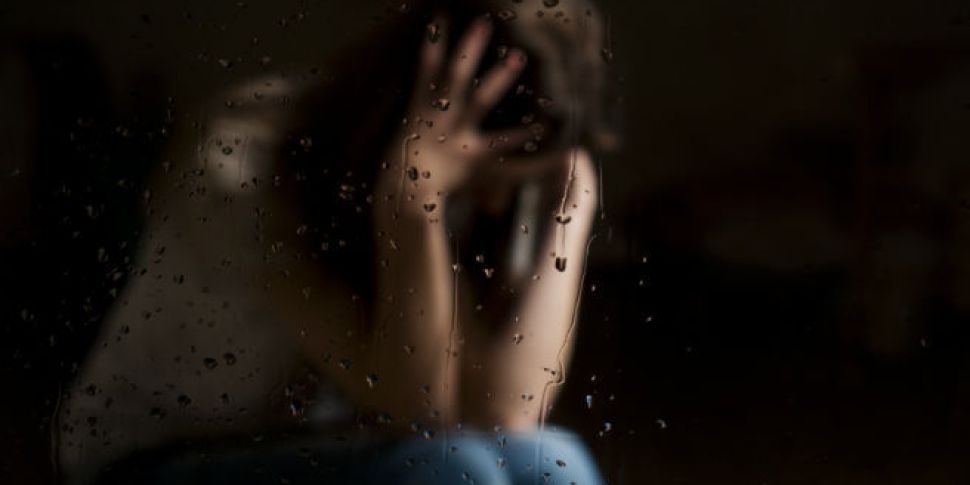Issues of rape or sexual assault are often discussed in the media, but what are the steps a victim has to take in the immediate aftermath of such an incident?
For many, they turn to the Rape Crisis Center, an organisation that is well known thanks to the support they provide and the work that they do, but what are the steps that someone has to go through there, and across the system as a whole, when they report a sexual assault?
Barbara Feeney, reporter with the Pat Kenny Show on Newstalk, went to explore the protocols for reporting a sexual assault, and spoke to the organisation’s Chief Executive Noeline Blackwell as well as Jennifer Gavin, who was a former volunteer and now looks after social media.
Gavin outlined the role of the Rape Crisis Centre in the process:
"If someone has been sexually assaulted, they go to the Sexual Assault Treatment Unit (SATU) which is in the Rotunda Hospital. We have psychology support workers, so that's what our role would be [...] basically you're there to support them".
"Sometimes they come with family members," added Gavin, "sometimes they prefer to come on their own, they may not want their family member to know, or if they're in shock, when it's just literally happened.
"At that moment, it's just about getting one or two sentences into their mind that they will take with them."
Dr. Maeve Eogan, who is a consultant gynaecologist and obstetrician, is the head of the Sexual Assault Treatment Unit at the Rotunda Hospital. She notes that many of the victims often arrive in the company of the gardaí, and the next step often involves their clothes being taken as evidence.
"The gards will very frequently take the clothes that the patient was wearing if they're the same clothes that he or she was wearing at the time of the incident.
"The reason being those clothes may be important from the forensic perspective, so the gards will take them away as part of the samples [...] We have some tracksuits here, tops and leggings, that we can give to the patients in order that they are not going home in a dressing gown or a hospital gown."
The facility in the Rotunda, which treats about 300 people each year, is isolated from the rest of the hospital to ensure that those who are being treated there have privacy.
There are six units of this kind in the country: Dublin, Waterford, Cork, Galway, Mullingar and Letterkenny. As Dr. Eogan highlights, they all deal with large numbers of cases throughout the year, that aren't specific to one group of people, stating that "we look after both men and women here, and about 5%, or one in 20 of our patients are men."
That point was reinforced by Blackwell, who stated that "rape and sexual assault is non-class specific. Every single stratum of our society has victims of rape and sexual assault [...] it is not confined to any one particular group. there is a problem over naming it a lot of the time. People are afraid to say they're raped."
For those who have been affected and come forward, the next step is to turn to the legal system, if they choose to go down that route. However, while "rape is the second most serious crime on our statue book," added Blackwell "people are often afraid and ashamed to say they're a victim of it."
The reason for that is the investigations and resulting case delve into everything that they went through in a more public setting. That complicated process can have a massive psychological impact on victims, as Blackwell points out:
"Unlike any other crime going, if a person is actually giving evidence in a rape trial, it may very well be that their previous sexual history is brought up for debate and discussion in the course of the trial.
"Now, if your house is robbed, no matter how often it's robbed, nobody is going to call those previous robberies into account [...] but it is quite normal in trials for rape and sexual assault to call the to call the victim's previous sexual history into the picture. That's hard, and it makes it hard for people to sit through a hearing.
"They are a victim, they have been violated, and still they feel like they're on trial."









